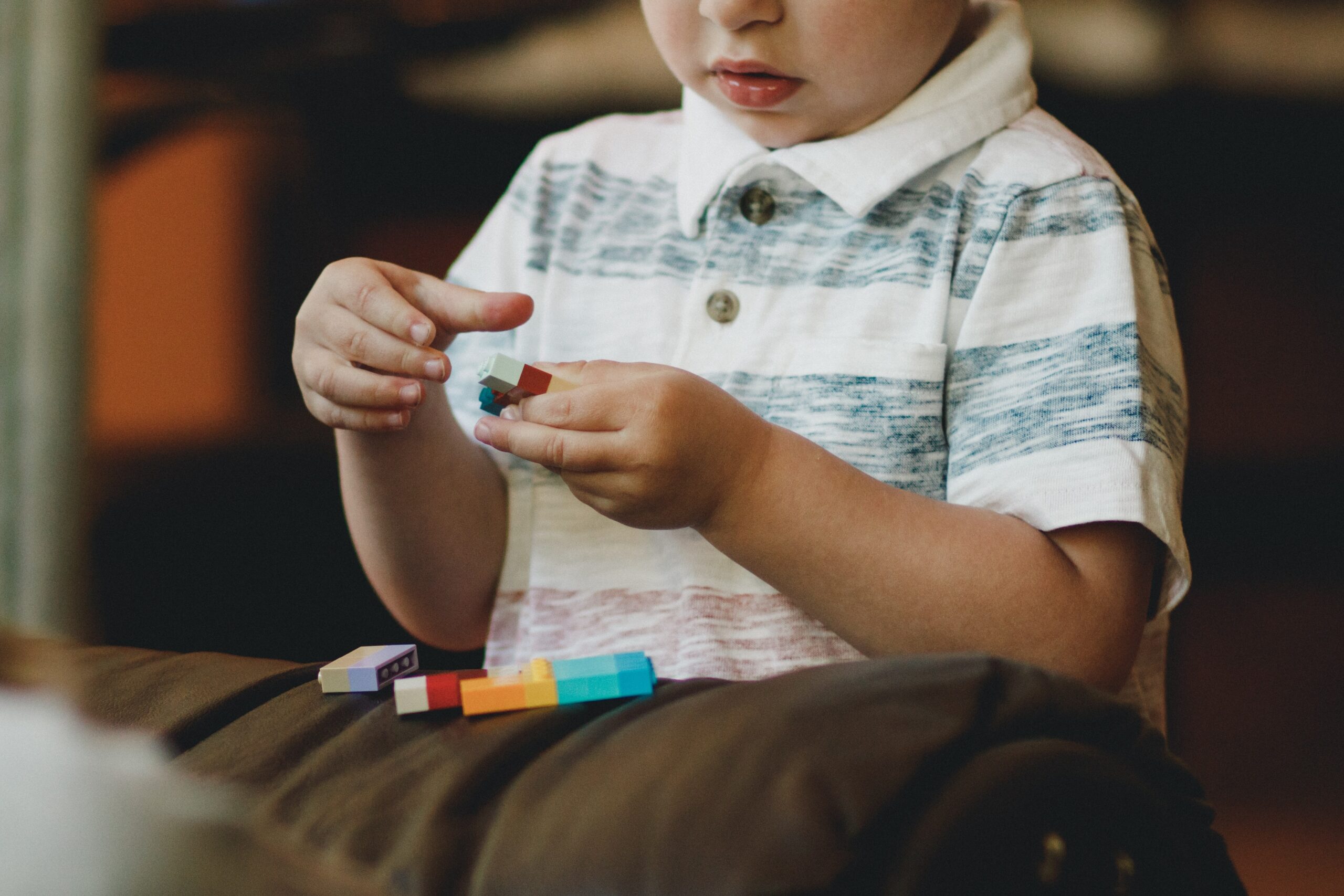Authors: Subodh Kumar, Pallavi Abdi
Abstract
Parents are the fundamental and most important connection in the care, education, and supervision of children with special needs. When parenting a special child, they face many challenges, including tremendous physical and psychological concerns associated with child care and unprecedented stress. The present study aims to assess the effects of parental support groups on the self-esteem and perceived stress of parents of children with special needs. A cross-sectional study was conducted, and data from 100 parents of children with special needs was collected through convenience sampling using Perceived Stress Scale (PSS; Cohen, et al., 1983) and Rosenberg Self-Esteem Scale (SES; Rosenberg, 1989). The results showed that parents who were a part of parental support groups had better self-esteem but higher perceived stress. t-test showed a significant difference in self-esteem in relation to membership of parental support groups (t=2.127, p=0.03). However, there was no significant difference in perceived stress in reference to membership of parental support groups (t=1.575, p=0.119). Pearson’s correlation showed a statistically significant association (r=0.611) between self-esteem and perceived stress at 0.01 levels. There is an urgent need for medical, psychological, and educational professionals to provide family-based interventions to assist parents raising a child with a disability.
Keywords: Perceived Stress, Self-Esteem, Children with Special Needs, Parental Support Group
Introduction
Children with disabilities are common and increasing as more children survive globally. According to the Centers for Disease Control and Prevention (2015), roughly one in every 33 babies is born with a birth defect, and approximately one in every six children is born with a developmental disability. Developmental disabilities are a range of conditions characterised by disability in one or more of the following areas: physical, learning, language, or behaviour. These problems appear during the developmental period, can interfere with daily functioning, and usually last a person’s entire life.
Parents are the core and most important link in the care, education, and supervision of children with special needs; as a result, they face huge physical and psychological challenges associated with child care and face unparalleled stress (Joseph & Chacko, 2019). When raising a special child, they encounter a slew of new challenges. Parental duties are frequently reinterpreted and can constitute a significant challenge and stress for parents, particularly when assistance is inadequate or non-existent. Parents of special children face new and unfamiliar obstacles that reshape their traditional roles as advocates, medical caregivers, and organizers of structured activities. Financial problems, marital strife, and social isolation can all be sources of stress for parents (Cauda-Laufer, 2017).
Stress is the psychological and physical state that occurs when an individual’s resources are insufficient to deal with the situation’s demands and pressures. As a result, stress is more likely in some situations than others, and in some people than others. COVID-19 has had an impact on the mental health of parents of special needs children. During the COVID-19 outbreak, parents of special needs children had mental and behavioural issues, as well as parenting stress and social support, which influenced their state anxiety. According to some recent study, parenting children with Autism Spectrum Disorder (ASD) can be a stressful experience. Individual, familial, and cultural variables all have a role in dealing with and coping with pressures. Parents’ levels of anxiety varied greatly depending on their educational background, family monthly income, and the nature of their child’s condition (Ren, et al., 2020).
According to research, parents of children with special needs are more stressed, have a higher risk of mental health problems, and have lower well-being than parents of typically developing children (Benson, 2012; Trute et al., 2007). According to Saeed’s (2020) research, the gender of the kid, age of diagnosis, kind of school the child attends, parents’ gender, age of parents and child, marital status, and number of special children in the household all experience substantial levels of stress during COVID -19. Among various types of strategies to mitigate the level of stress experienced by the parents, engaging in activities with their children was the most effective. Additionally, factors such as area of residence, low socio-economic status, knowledge of the disability of one’s child, low confidence in managing the special child, increased perceived burden of care and having no sources for psychological support play a significant role in the prevalence of psychological distress among the parents for children with disabilities (Mwale, et al., 2018).
Parents of children with special needs experience moderate to severe parental stress, irrespective of gender (Joseph and Chacko, 2019). The parents with high anxiety were four times more likely to have high perceived stress (Jose, 2018). There is a significant difference parenting stress level in mothers of children with various problems such as sensory-motor mental problems, chronic physical problems, and psychological disorders (Feizi et al., 2014).
Self-esteem is linked to human health and psychological well-being (Rosenberg, 1965). This effect might be regarded as an increase in the scope of resources and active coping with life’s issues. Furthermore, regardless of the conditions, there appears to be a considerable anti-stress influence on self-esteem (Pruessner et al., 1999).
Researchers have found that the father’s parenting stress had a partner effect on the mother’s self-esteem. In contrast, the mother’s self-esteem affected her parent-child interaction, which affected the child’s self-esteem (Won & Hun-Ha, 2020). Moreover, parents of children with autism spectrum disorder are more likely to have mental health problems than parents whose children have an intellectual disability or a visual or hearing impairment (Chen et al., 2020).
The present study aims to assess the effects of parental support groups on the self-esteem and stress management of parents/caregivers of children with special needs.
Objectives
- To study the stress level among parents of children with special needs.
- To study the difference in perceived stress among parents who are a part of a parental support group and parents who are not part of any parental support group.
- To study the self-esteem of parents of children with special needs.
- To study the difference in self-esteem among parents who are a part of a parental support group and parents who are not part of any parental support group.
Materials And Methods
Study design and participants
A cross-sectional study was conducted from October – December 2021. The sample of this study was parents of children with special needs. A total of 100 parents (50% of parents were a part of the parental support group and 50% were not part of any parental support group) of children with special needs (90% with Autism and 10% with other disabilities) were selected through the convenience sampling method.
Tools
For this study, data was collected using Perceived Stress Scale (PSS; Cohen, et al., 1983) and Rosenberg Self-Esteem Scale (SES; Rosenberg, 1989).
Perceived Stress Scale is one of the most widely disseminated methods of assessing psychological stress. This self-report scale generates a global stress score that is based on general questions rather than focusing on specific experiences. is the most widely used psychological instrument for measuring the perception of stress. It measures the degree to which situations in one’s life are appraised as stressful. Items were designed to tap how unpredictable, uncontrollable, and overloaded respondents find their lives. The scale also includes several direct queries about current levels of experienced stress. PSS scores are obtained by reversing responses (e.g., 0 = 4, 1 = 3, 2 = 2, 3 = 1 & 4 = 0) to the four positively stated items (items 4, 5, 7, & 8) and then summing across all scale items.
Self-esteem Scale is a 10-item self-report measure with a 4-point scale ranging from strongly agree to strongly disagree. High scores indicate high self-esteem, whereas low scores indicate low self-esteem. Cronbach’s alpha for various samples range between 77-.88 and test-retest correlations between .82-.88 (Rosenberg, 1989). [Full Text]





